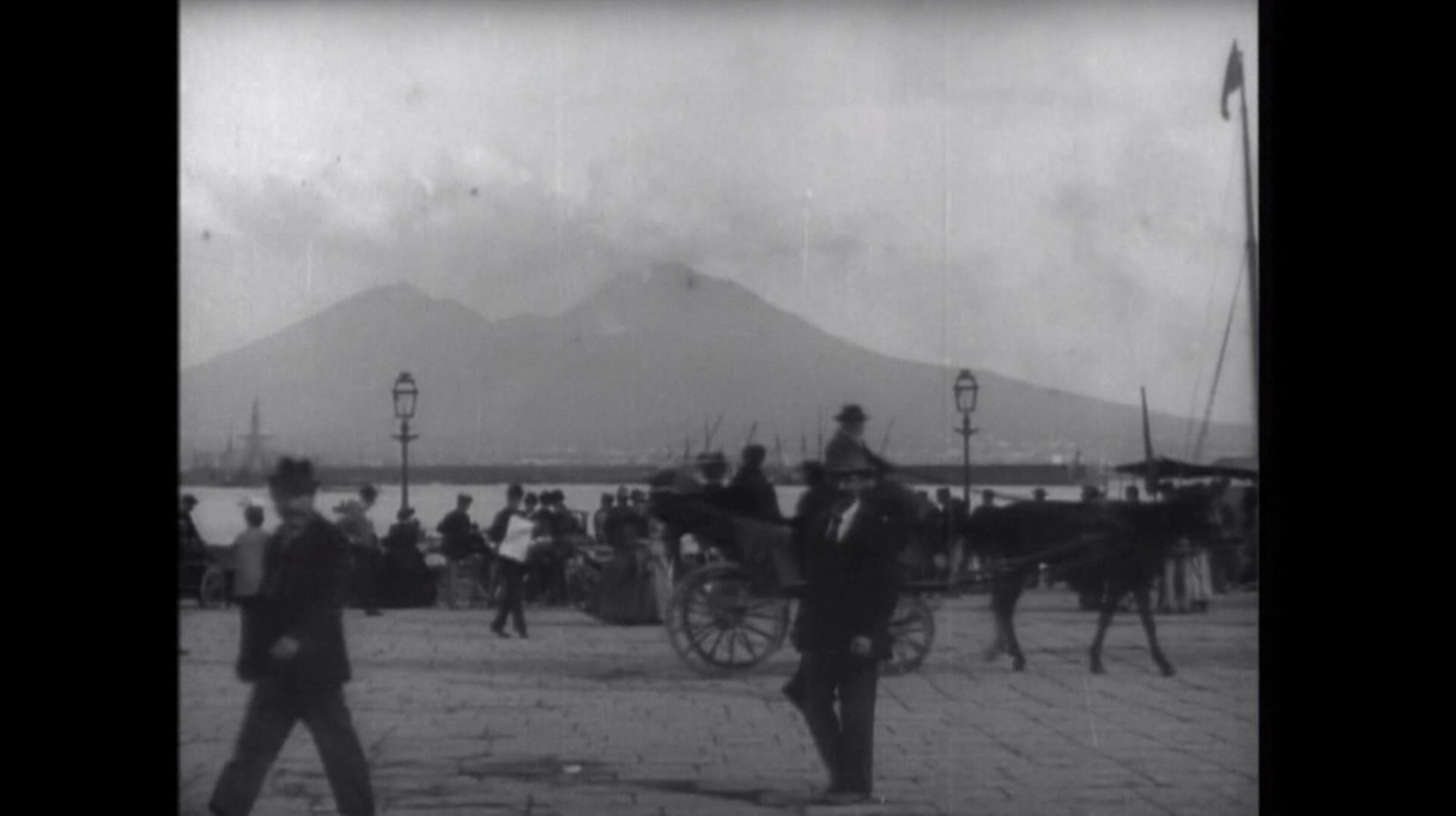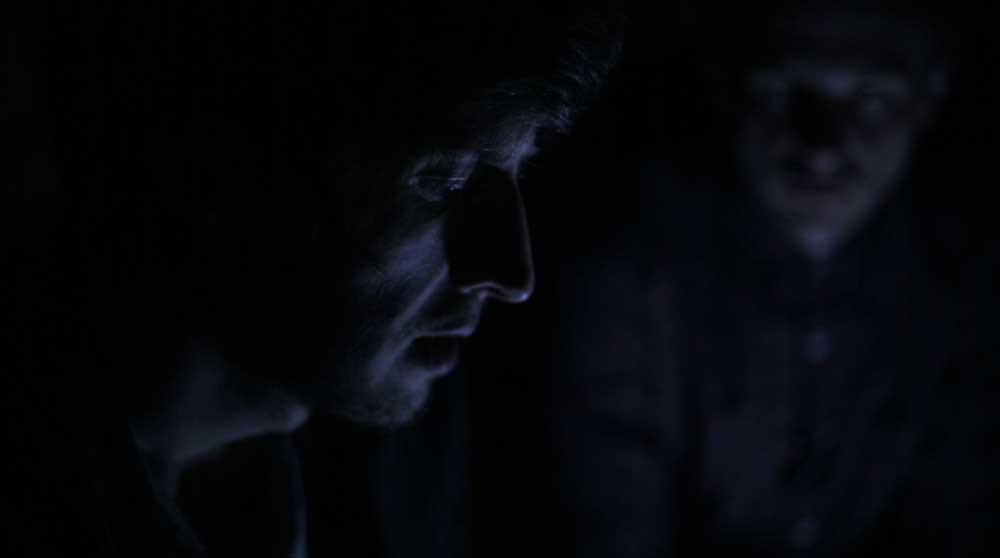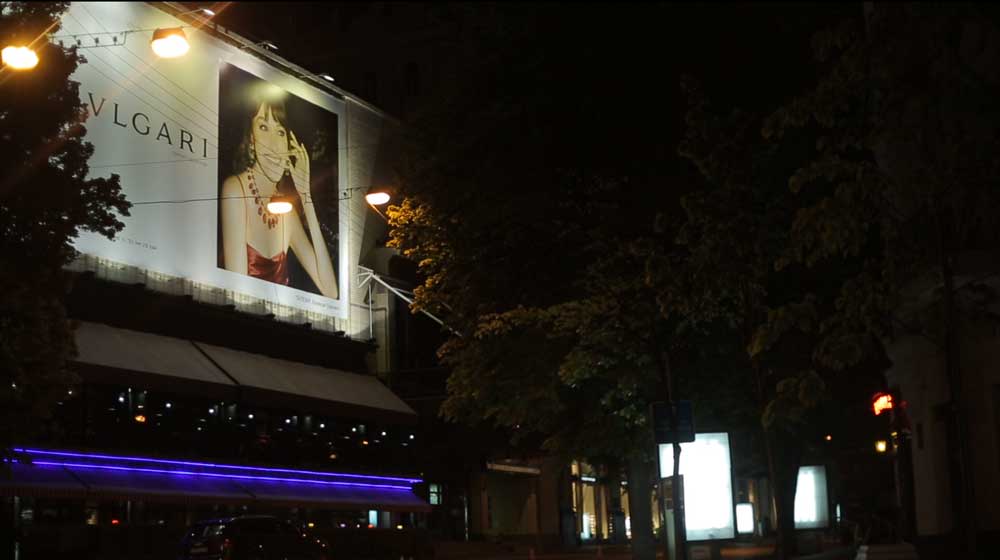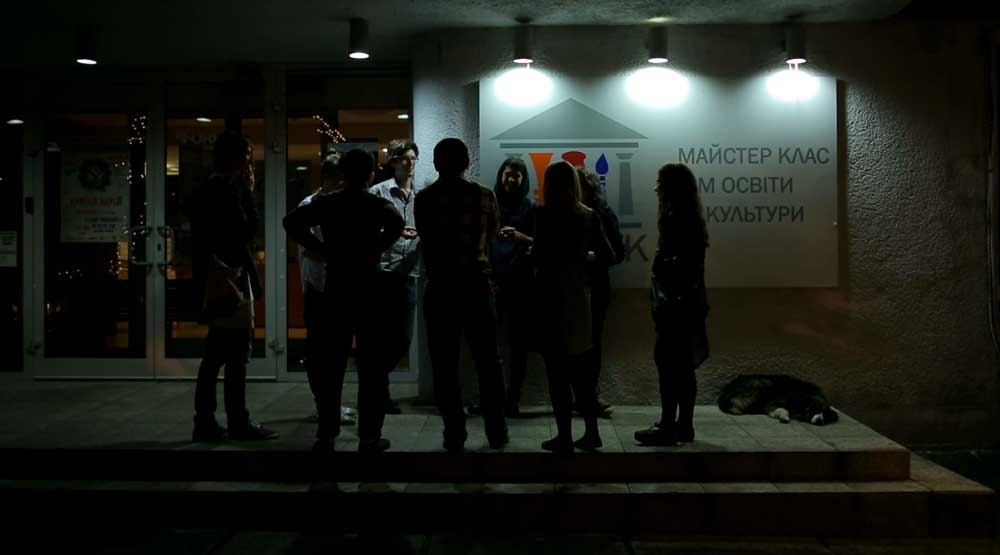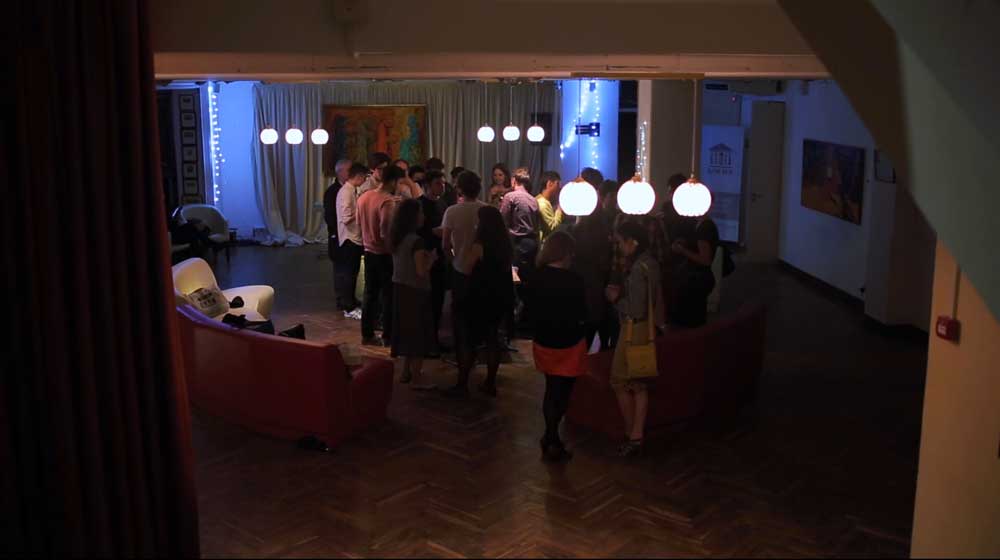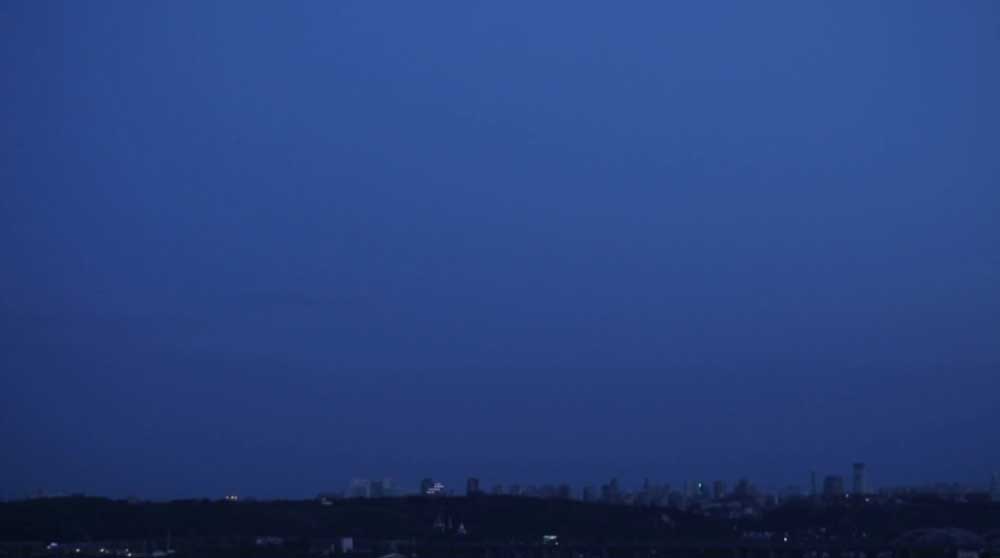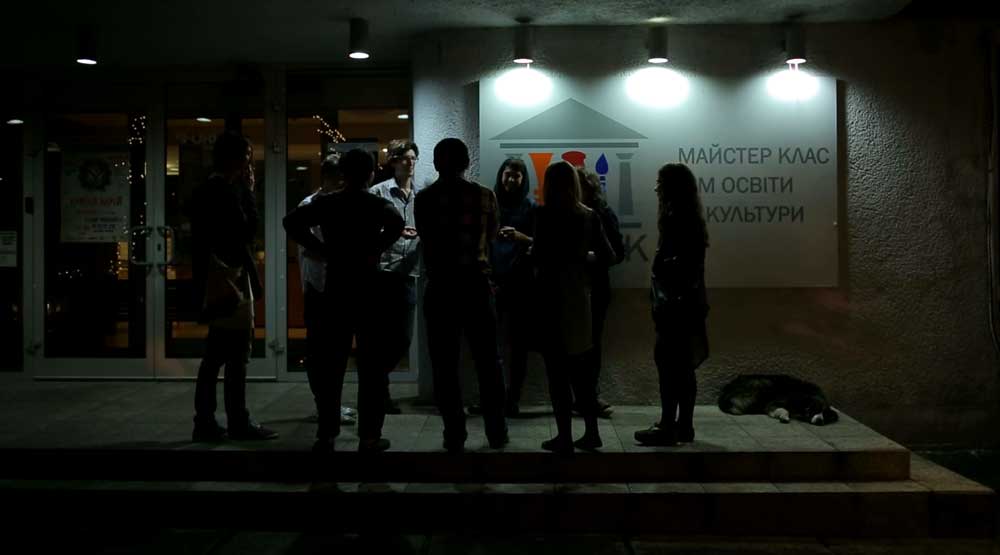
Goodbye, Cinephiles / Do pobachennia, synefily
2014
66 min
Stanislav Bytiutskyi
Stanislav Bytiutskyi
Serhii Stetsenko, Teta Tsybulnyk
Stanislav Bytiutskyi, Olha Kovalenko, Oleksandr Teliuk
The lights go out in the house. In the darkness, three friends bare their souls, recall their love for film, and bid farewell to one among them who is leaving to go abroad —or perhaps they are bidding farewell to their own cinephile youth. The conversation ends with a long shot of the former Ukraine cinema house (where the controversial premiere of Shadows of Forgotten Ancestors (1964) once took place) and a lengthy drive through Kyiv. The friends find themselves at a party of the Kyiv bohemian crowd in the former House of Culture (where the film’s director Stanislav Bytiutskyi once managed a film club). And then they dissolve into the cinematic dawn. The revolution is over, the emigration didn’t happen, and the cinemas have closed. All that remains are melancholy, escapism, and memories.
A sad and honest self-portrait of a generation and of the filmmaker himself. The debut film was made by Bytiutskyi with his colleagues from the online magazine Cineticle, which he founded, during a personal professional crossroads between film criticism and directing. The only “seasoned professional” listed in the film’s credits is cinematographer Serhii Stetsenko, who in the same year shot Maidan (2014) with Serhii Loznytsia. Yet, the film’s documentary significance is also enhanced by the appearance of a whole panorama of faces from the cinematic and artistic Kyiv’s scene of the early 2010s.
The distinctive feature of Bytiutskyi’s films has always been their immersion into the cosmos of images from world cinema, ranging from the icons of auteur cinema (Dreyer, Bergman) to the hidden phenomena of 2000s festival cinema (Diaz, Martin). It is the allusions to the history of cinema — almost to the point of overuse by a neophyte — that give Cinephiles its rhythmic poetic form and endow the dialogues of post-Maidan Kyiv with a mythological dimension. This form, along with the darkness (as a primary element of cinema), transforms the film into a game where friends, while living their own lives, simultaneously play the roles of film heroes.
Cinephiles, alongside Yurii Hrytsyna’s Varta 1, Lviv, Ukraine (2015), became a kind of manifesto for their generation of Ukrainian cinema—cinephiles of small screens who received their film education in front of a home PC monitor; came to cinema through film criticism along paths once trodden by Godard and Truffaut; but, in the absence of a funded film industry in the country, could not make their “great films,” scattering between short films, compromise, or the radicalism of “gallery cinema.” Despite everything, Bytiutskyi managed to develop his personal style in his next equally tender nocturne film 24 (2015), and then to search for himself in several experimental sketches, and finally, returning to film studies and Ukrainian history, to try to combine them in the historical cinema genre (Intolerance, 2020).
